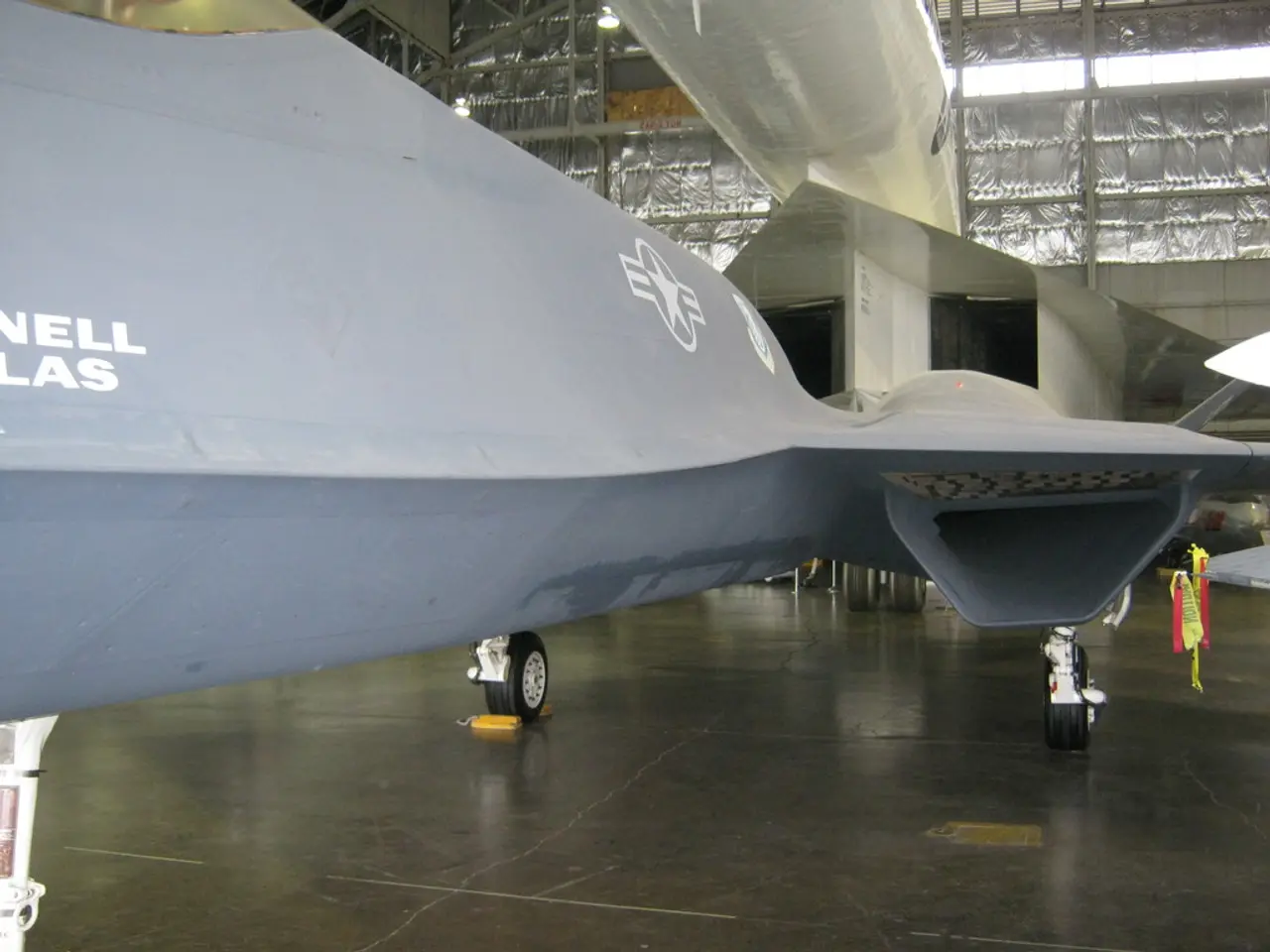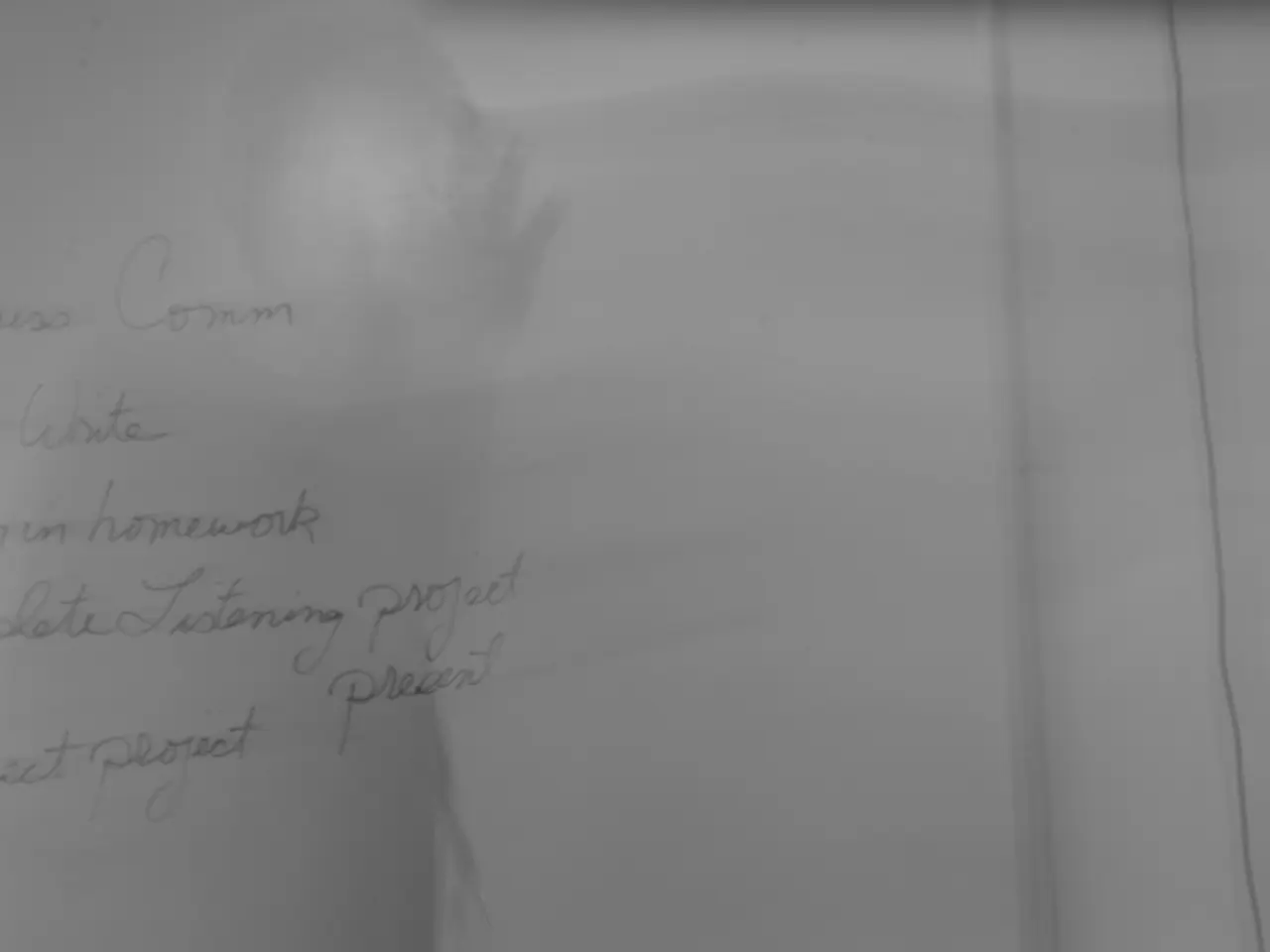Customs duty decision offers Canada momentary optimism.
U.S. Court Temporarily Halts Trump's Controversial Tariffs, but Canadian Government Expects Prolonged Trade Conflict
A temporary block on the so-called "reciprocal" tariffs announced by President Donald Trump by an American court has been welcomed by Canadian Prime Minister Mark Carney, as it aligns with Canada's long-standing position that these tariffs are illegal and unwarranted.
Speaking from the House of Commons on Thursday morning, Carney expressed his government's satisfaction with the U.S. International Trade Court's ruling that was handed down on Wednesday, which challenged the President's authority to impose tariffs. However, the celebration was short-lived, as an American appeals court later upheld the tariffs, promising to take the case to the Supreme Court if necessary.
Canada's concerns stem from the belief that the tariffs imposed by the United States are contrary to its obligations under the rules of the World Trade Organization or its international agreements, including the Canada-United States-Mexico Agreement. The Canadian government has initiated dispute resolution proceedings at the WTO and has been contesting these tariffs in U.S. courts, citing jurisdiction and authority as issues.
In their argument, the Canadian government contends that the emergency law used by Trump to justify the tariffs does not hold water, as it was created to combat an extraordinary and unusual threat. This justification does not seem valid to three judges of the U.S. International Trade Court, and the White House is expected to appeal this decision.
The commercial conflict between Canada and the United States is far from over, as other tariffs on Canadian steel, aluminum, and automobiles industries still stand. Moreover, Canada fears new tariffs that could affect the forestry and pharmaceutical sectors.
Carney has repeated his government's priority to establish a "new economic and security relationship" with the United States, as mentioned in King Charles III's speech from the throne on Tuesday. He has acknowledged that reaching an agreement will require time, but no more time will be wasted.
Mark Carney made his maiden speech in the House of Commons this week, drawing praise and criticism from opposition parties and the Conservatives, respectively. Champoux, a Bloc Quebecois MP, commended Carney, while Melissa Lantsman, the deputy leader of the Conservative Party, criticized the significant increase in government spending.
Related:
-Trump Suspends Some Tariffs on Canada and Mexico Until April 2
-Musk steps down from advisory role following disagreement with Trump
-Quebec appeals ruling allowing more than two parents listed on a birth certificate
- The temporary halt on Trump's tariffs, a topic closely related to finance and politics, comes as a relief for Canadian Prime Minister Mark Carney, given the ongoing business conflict between the nations.
- In light of the controversial tariffs imposed by the United States, migration of goods and capital could be potentially impacted, leading to further implications in the French and global economy.
- The legal battle over the tariffs has seen policy-and-legislation moves by both governments, with Canada contesting the tariffs in U.S. courts and WTO proceedings.
- The 'war-and-conflicts' metaphor could be extended to the trade conflict between Canada and the United States, as it presents a challenging environment for global business networks and general news networks to monitor and report.




